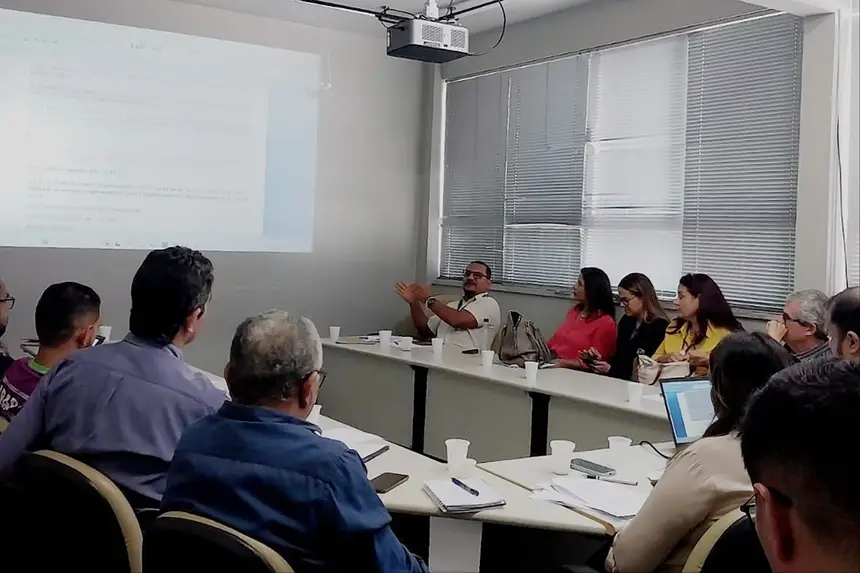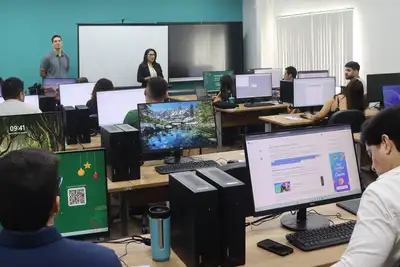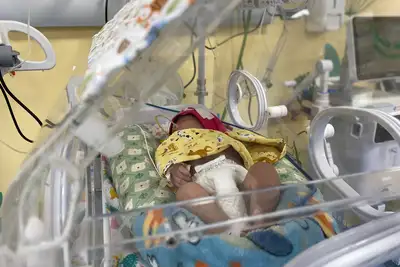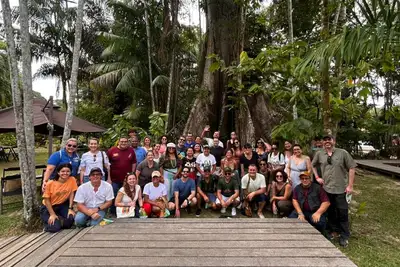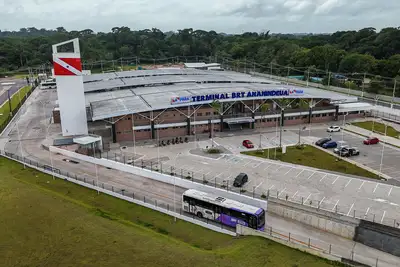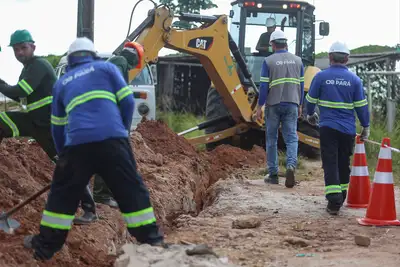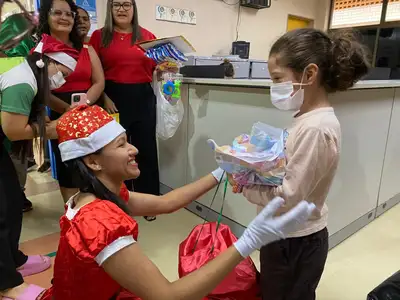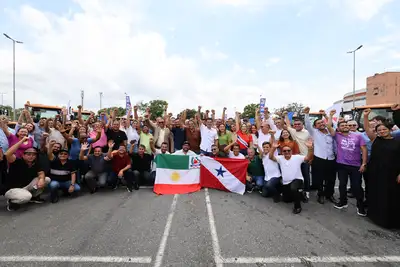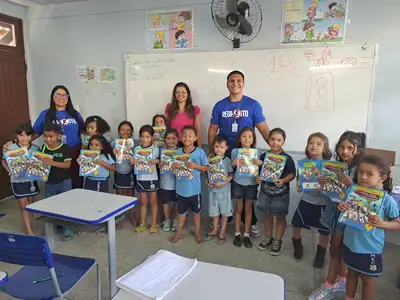Working Group holds first meeting for the creation of the Açaí Fund
Representatives from different public and private institutions, the Legislative Power, and civil society associations presented their contributions to the draft that establishes the fund and the implementation of a program to strengthen açaí culture
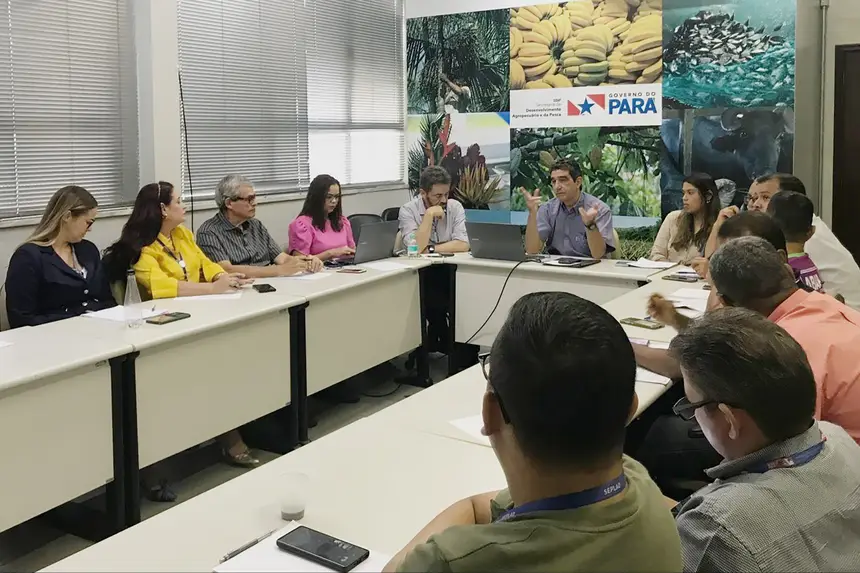
The creation of the State Fund for the Support of the Development of the Açaí Productive Chain (Açaí Fund) and the implementation of the Açaí Culture Strengthening Program in the State of Pará were the topics of the meeting held this Friday (29) at the headquarters of the Secretary of Agricultural Development and Fisheries (Sedap). Representatives from public and private institutions, as well as civil society representatives, participated in the technical group that works on building initiatives aimed at stimulating and promoting the development of the açaí chain in Pará.
During the first meeting of the group, the draft for the creation of the Açaí Fund was presented. Representatives from the institutions made suggestions for changes or additions they deemed necessary. All contributions to the original draft will be finalized at the next meeting to be scheduled, initially, within 15 days.
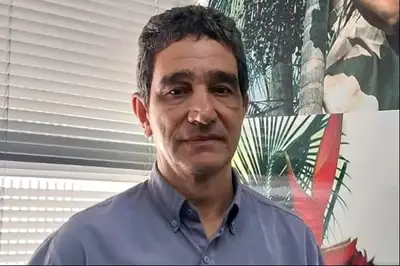
One of the purposes of creating the Açaí Fund is to increase the efficiency of the production and commercialization of the fruit by enabling actions and projects aimed at improving and expanding the açaí chain, as informed by the manager of fruit cultivation at Sedap, Geraldo Tavares, who coordinated the meeting this Friday.
“It is a very large universe of possibilities. Projects such as, for example, the provision of propagation material from selected seeds from Embrapa (Brazilian Agricultural Research Corporation), to benefit a large number of producers, in addition to technological advances through agreements with higher education institutions, could be financed through this fund,” Tavares informed.
During the meeting, the fruit cultivation manager referred to the State Fund for the Support of Cocoa Cultivation in the State of Pará (Funcacau), created in 2008 and which served as a source for the creation of the Açaí Fund. He informed that Funcacau financially supports programs and actions for the generation and dissemination of technologies, technical assistance, promotion, and commercialization, aimed at the expansion, strengthening, and consolidation of local productive arrangements of cocoa cultivation in the State of Pará. Like Funcacau, which supports one of the most important crops in Pará, the fund aimed at açaí will support programs and actions for the generation and dissemination of technologies, technical assistance, promotion, and commercialization, among other benefits.
In addition to the fruit cultivation manager, the meeting included representatives from Sedap who work in Procacau, Planning, and the Deputy Secretary and the Directorate of Fairs and Markets of Sedap.
Inclusion - In addition to representatives from açaí beating associations in the capital, such as the Ver-o-Peso Institute, the working group includes the participation of workers from municipalities in other integration regions of Pará, such as the municipality of Parauapebas (Carajás Integration Region). The fruit cultivation manager informed that the mix of representatives from all segments is important, as it is a culture that represents the entire State.
“There are artisanal beaters from Belém and the southeast of the State, and there are also representations from civil society, industry, the Federation of Workers, and the secretariats that represent the segment in the State Government such as Sedap, Seaf (State Secretariat of Family Agriculture), Sedeme (Secretariat of Economic Development, Mining and Energy), Emater, and Adepará. In other words: to have a good project, everyone must be heard; this is the purpose of this GT,” defended Tavares.

Among the representatives of the group who are from outside the capital is the president of the Açaí Beaters and Sellers Association of Parauapebas (Abap), Werbet Santana. The association, according to the representative, has 110 affiliated establishments, but the total number of artisanal beaters exceeds 200 in Parauapebas, according to him.
For the president of Abap, the participation of the municipality in the construction of the Açaí Fund is important as it brings public policies from the capital to the south of the State. “For us, it is of great relevance to be part of this select group and represent the south of Pará; Parauapebas today already has several producers and mainly açaí beaters, in our last census we had a survey that showed that the municipality moves around R$ 25 million a month in the açaí chain. We consider it a strong economic matrix within Parauapebas,” he highlighted.
Development - The president of the Federation of Agriculture and Livestock of Pará (Faepa), Carlos Xavier, who opened the meeting, said that Pará, as the leading producer of açaí in Brazil (and the world), needs initiatives that leverage and improve the chain and invest in more technology. It is a product that has supply and demand, as he observed – highlighting possibilities for a promising açaí market in the future with India and China.
According to him, with the creation of the Açaí Fund and a program that strengthens açaí culture, the state can expand its production and commercialization of açaí and still supply internal demand. “The objective of creating a fund is also to subsidize and help the small property producer to generate their development and make use of what Pará is first in the world, which is açaí production. The transformation of Brazilian society necessarily goes through production,” emphasized the president of Faepa.
In addition to Sedap, representatives from the State Planning Secretariat (Seplad), Sedeme, the Union of Fruit and Derivatives Industries of Pará (Sindifrutas), the Legislative Assembly of the State of Pará (Alepa), the Açaí Institute, the Agricultural Defense Agency of Pará (Adepará), Emater, and Abap participated.


